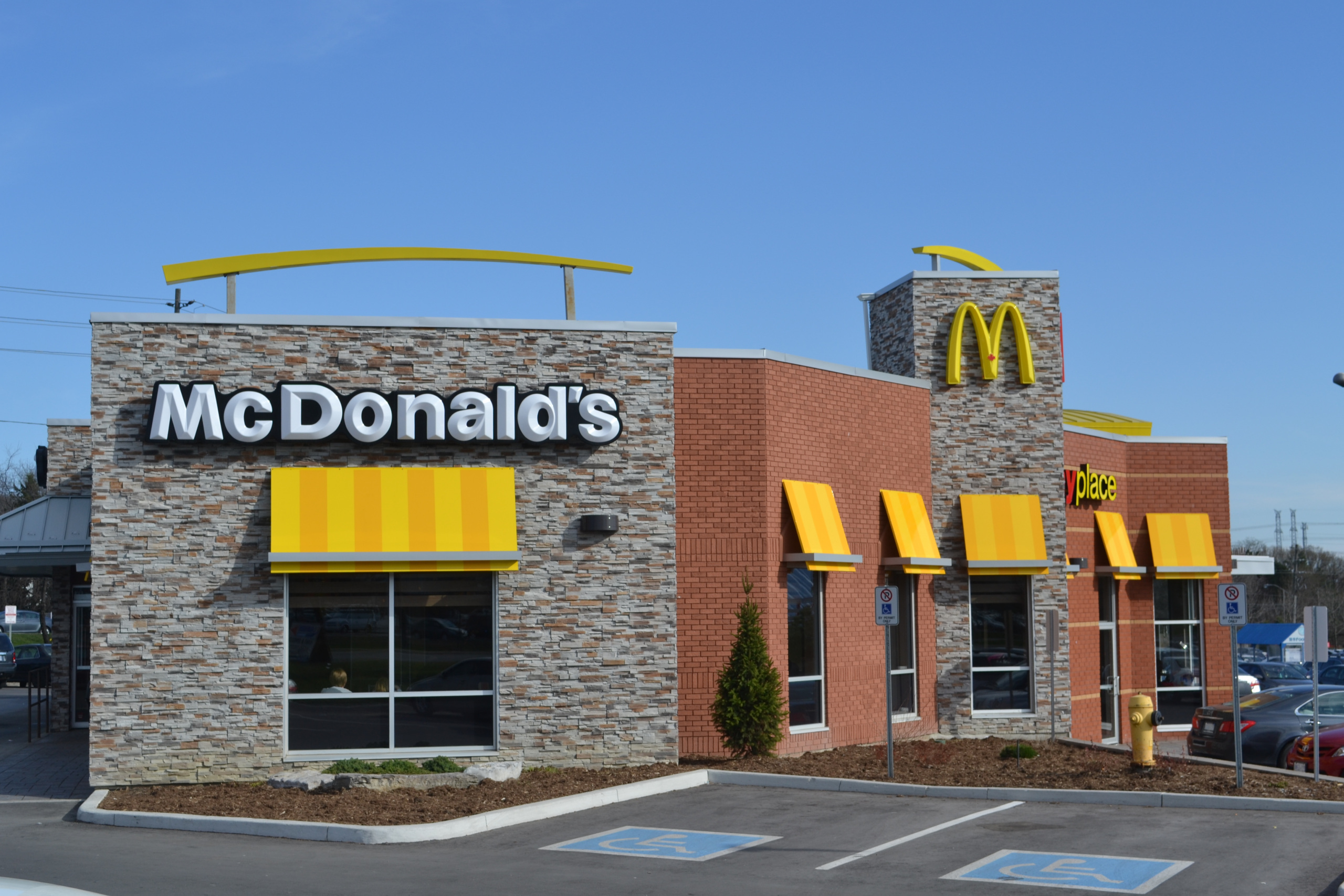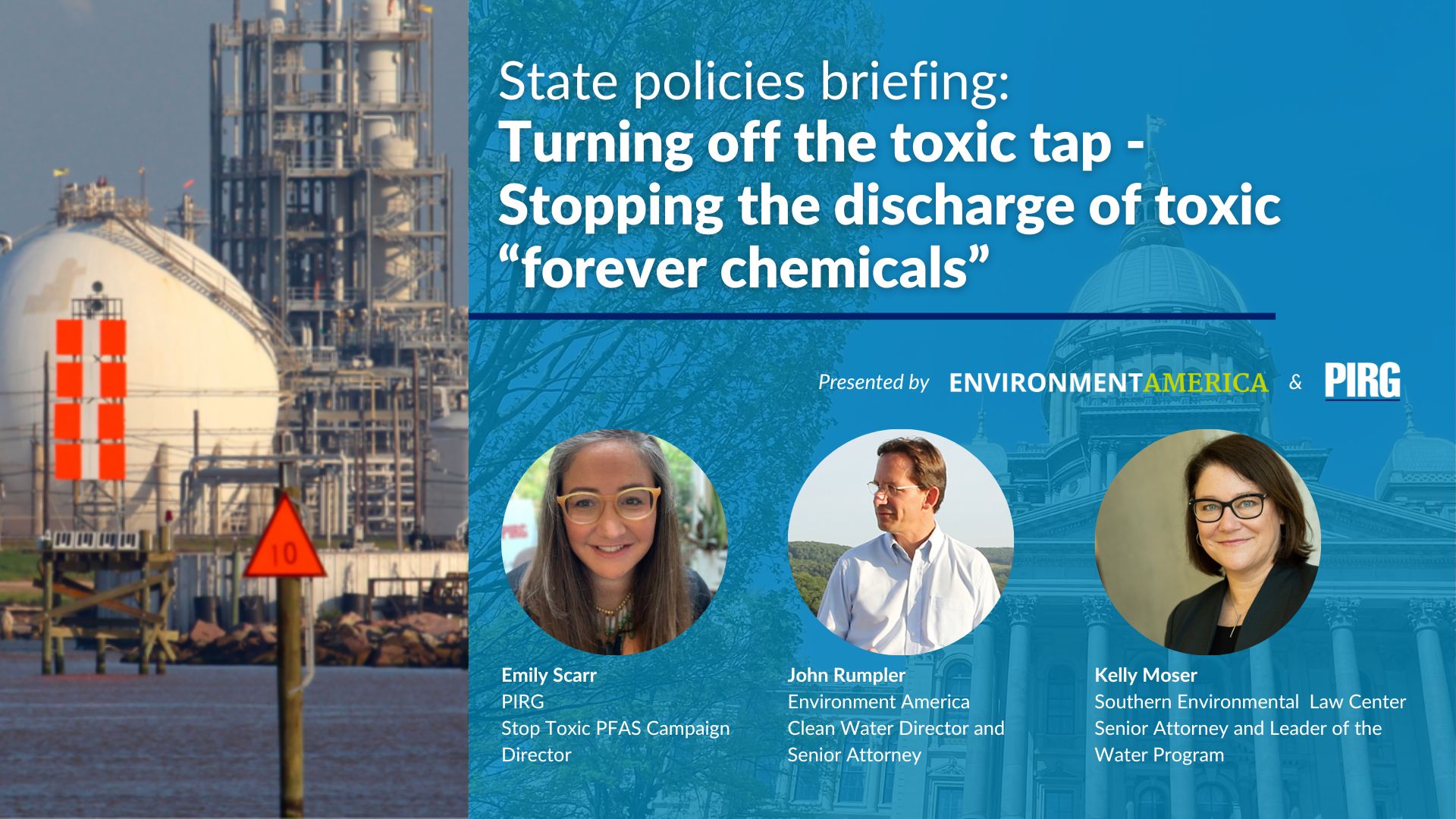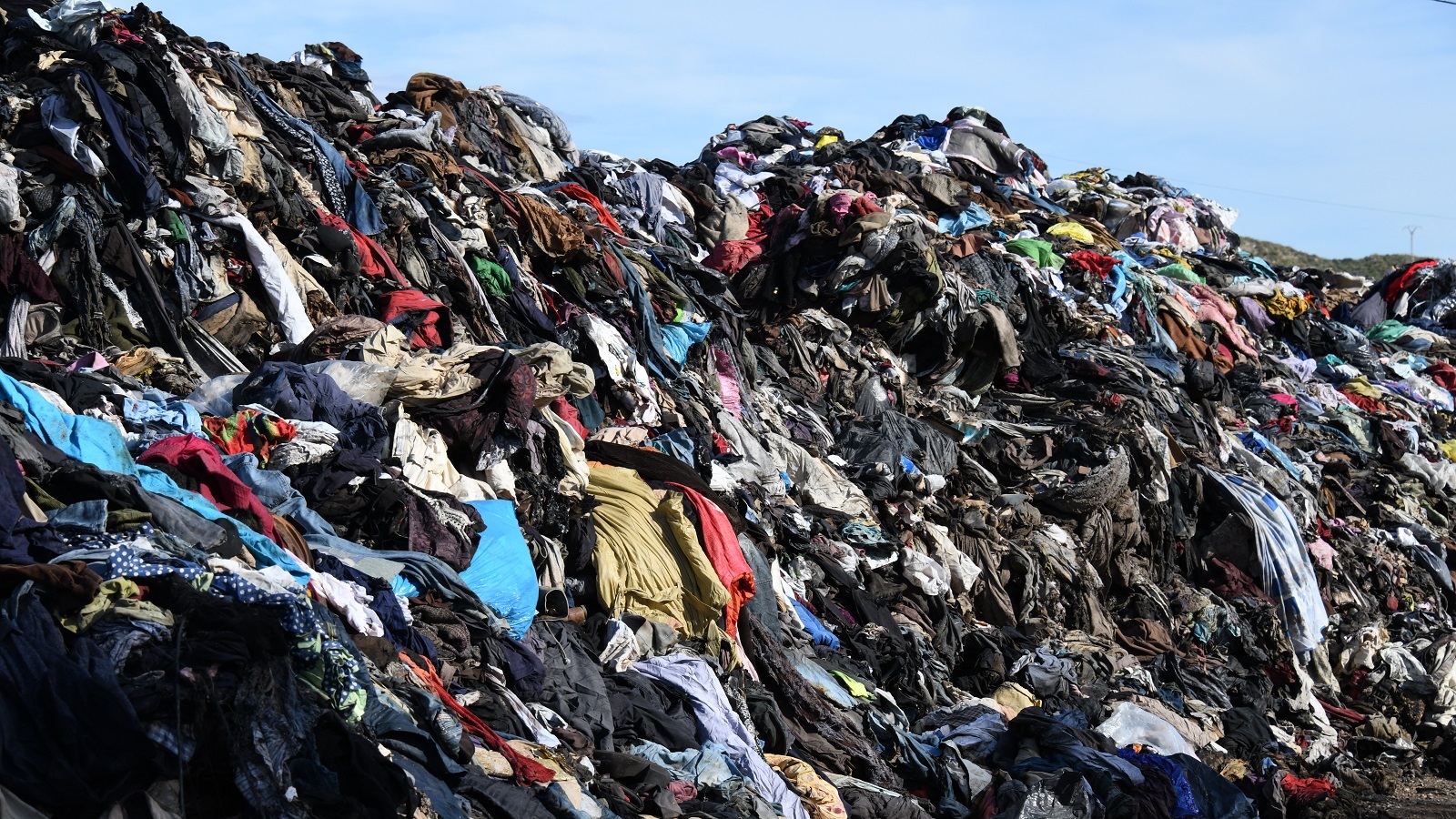
PFAS Free & I’m Lovin’ It
McDonald’s just committed to phasing out PFAS-treated food packaging from its restaurants globally by 2025. Other restaurants, like Burger King and Wendy’s, should follow its lead.

This fall, our partners at Safer Chemicals, Healthy Families and Toxic-Free Future found evidence that food packaging from several fast food chains was likely treated with toxic PFAS (per- and polyfluoroalkyl substances), commonly referred to as “forever” chemicals. Three of the restaurants featured in the report — Sweetgreen, CAVA and Freshii — took immediate action to protect their customers from these chemicals known to threaten human health. On Wednesday, McDonald’s also took action, committing to phase out PFAS-treated food packaging used in its restaurants globally by 2025. However, two remaining restaurants — Burger King and Wendy’s — have yet to take sufficient action.
PFAS is a class of approximately 5,000 chemicals* that share a similar structure and chemical properties. They can be found in firefighting foam, nonstick cookware, rain gear, carpets and many other everyday products. They are used in food packaging to make the packaging more resistant to grease and water.
Unfortunately, some chemicals in the PFAS family have been linked to serious health effects, including cancer, liver damage, increased cholesterol, pregnancy complications and birth defects. Scientists are also studying a potential link between PFAS exposure and more intense COVID-19 symptoms as well as reduced vaccine effectiveness. To make matters worse, the reason PFAS are called “forever chemicals” is because they break down extremely slowly, which means that they build up in our environment and in our bodies over time.
Given how long they last and what we know about their harmful effects, we should stop using them as quickly as possible. And we should start by making sure we get them out of food packaging; using PFAS to prevent greasy fingers just isn’t worth risking our health and the health of our children.
First, we needed to know where to find these chemicals. So our partners at Safer Chemicals, Healthy Families and Toxic-Free Future tested food packaging items from six restaurants: McDonald’s, Burger King, Wendy’s, Sweetgreen, Freshii and CAVA. They found evidence of PFAS in at least one item from each restaurant.
Before the report was even released, Sweetgreen committed to phasing out all PFAS-treated food packaging in their supply chain and CAVA and Freshii followed with similar commitments soon after. But none of the three burger chains took immediate action. So, starting with the largest of the three chains, McDonald’s, we joined our coalition partners and began a strong push to protect consumer health by calling on the fast food giant to phase out PFAS-treated food packaging.
We had volunteers reach out to McDonald’s via phone and email to urge the company to take action. One volunteer got the response: “All McDonald’s packaging materials have been verified safe for use and comply with FDA and EU regulatory requirements.” That may have been true, but here was the problem: following regulatory requirements is not always the same as doing what’s best for customers’ health.
Here are a couple of examples to illustrate why sometimes it’s important to go beyond the law when doing what’s right:
Imagine you’re the referee at a soccer game. The sport has some established rules about what you are and are not allowed to do in order to ensure a fair game and help keep everyone safe and healthy. For example, you’re not allowed to elbow your opponent. Now imagine a player starts throwing punches, which they claim is fair because your rule book doesn’t prohibit punching people. And it turns out they’re right. But the other players are at risk of injury due to this reckless and aggressive behavior, and this goes against the principle of good sportsmanship. So the player shouldn’t throw punches even if it’s not technically against the rules.
Many of us live in communities that don’t have mask mandates. Yet nationwide we’re nearing 400,000 deaths, according to the latest data from the Centers for Disease Control. So should we all go around without masks even if there are no laws against this behavior? Common sense, along with public health experts across the country, would say: obviously not.
The point of companies, like McDonald’s, is not to push up against the walls of government regulation. Government is supposed to be a safety net for citizens, stopping bad actors from hurting us. But that doesn’t mean companies should be the bad actors. Companies can choose to be better than the law mandates, choosing to prioritize their customers’ health and wellbeing rather than pushing right up against government regulations.
McDonald’s just proved its commitment to being better, better than any government regulation requires it to be when it comes to this class of toxic chemicals. Burger King and Wendy’s should do the same. And the good news is, these companies don’t need to start throwing punches to win the game. Most of their food packaging doesn’t contain PFAS. Making the switch doesn’t have to be hard; the decision to protect their customers’ health should be easy.
*The number of chemicals included in the PFAS family varies depending on the source consulted. 5,000 is the current number on the FDA’s website, updated on 10/20/2020.
Topics
Authors
Danielle Melgar
Food & Agriculture, Advocate, U.S. PIRG Education Fund
Danielle works to ensure our food system produces enough nutritious food to feed everyone, without threatening our health, the planet, or the ability of future generations to grow food. Danielle lives in Chicago, where she enjoys staying active in the outdoors, trying out new recipes, and writing short stories.
Find Out More

PIRG’s warmest wishes for a safe and happy new year

Event highlights role of states in stopping industries from dumping toxic PFAS

Got PFAS?

